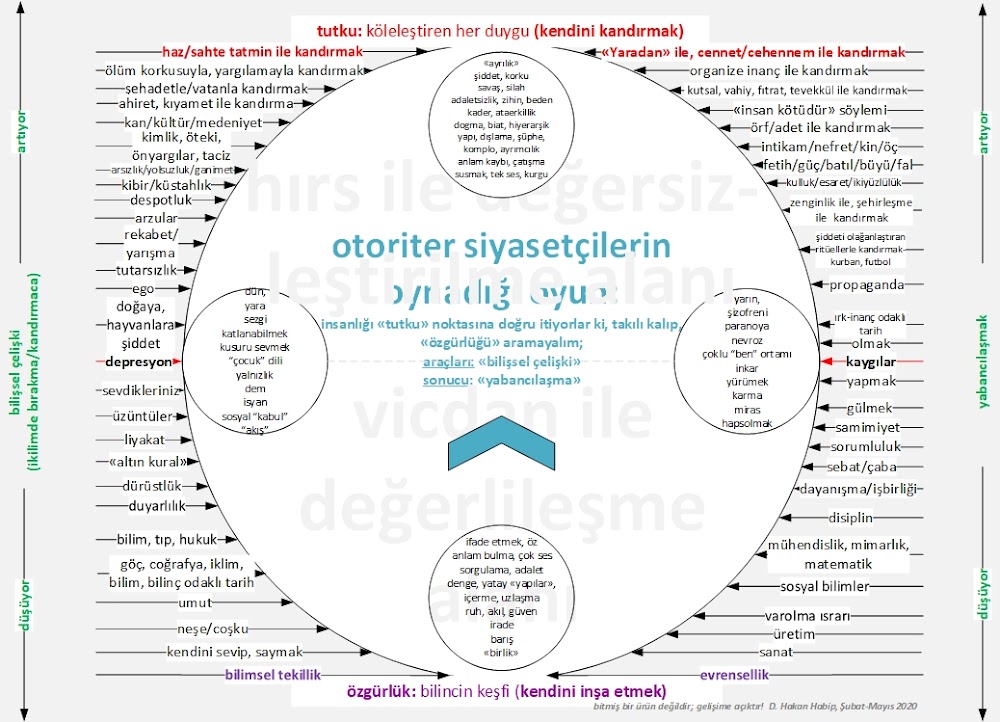comments regarding the D10 initiative (GCF)
The following has been written as a response to
https://globalchallenges.org/d10-a-global-coalition-for-democracy-in-the-making-2/
I respect what you are
trying to do.
I am sure you are
aware of the fact that many economically advanced countries (that you would
consider for D10) are also seen by the rest of the world (or simply by many, including
the totalitarian leaders) as past (some distant and others more recent)
perpetrators of crimes (against humanity):
-
consider
the US in Iraq, racism against African Americans, Mexicans, the Native people,
etc.
-
consider
the UK and slavery & colonialism, etc.
-
consider
Germany, France, Spain, Portugal, the Netherlands, Belgium: slavery &
colonialism
In addition:
-
authoritarian
leaders in different countries have been supported by some of the democratic
countries purposefully (so that this would advance their geopolitical and/or
commercial interests)
-
some of
these countries are seen as the very perpetrators of ecocides
-
those who
applied for a certain US visa (used to & they may still do) sign a document
indicating that they have not been a member of a communist party; doesn’t this concept contradict the freedom
of expression the US supposedly stand for?
(as a Jew, I remember reading about the Skokie Affair - that neo-Nazis’ right
to march & convene was upheld by the Supreme Court)
https://en.wikipedia.org/wiki/National_Socialist_Party_of_America_v._Village_of_Skokie
The list of
contradictions does not stop here.
In other words, the
wisdom we should all be striving for: “treat others as you would like to be
treated” - if we had a litmus test for it - will not hold for the D10 countries.
This causes a deep cynicism (within the masses)
that the authoritarian/totalitarian leaders leverage against the so called
liberal democracies.
We may have to accept
that the democratic push we expect needs a bottom-up demand everywhere.
In order for that to
happen, I will suggest raising the awareness levels of the masses worldwide:
1.
the word culture: is it a static state or an action? Populist leaders worldwide use “culture” as
meaning a static intrinsic state by
using words such as: “American culture”, “European culture”, “Judeo-Christian
culture”, “Muslim culture”, etc. They
use the word culture as a static state that cannot, should not change - some
even implying that any efforts trying to modify these “cultures” is a
heresy. This approach allows the
populist leaders to differentiate, separate, define “the other”, nurture
nationalistic, race-creed based egos, and eventually normalize discrimination
and even violence against this other.
Can we make simple, fun videos and distribute on social media so that the word culture is perceived as actions only: what an American does, what a European does, etc.
2. history of races & creeds: the way we interpret history is often based on nationality, creed, race, etc. Can we consider rewriting history based on geography, migrations, and consciousness? If I were to give an example of what raises consciousness: the number pi for example, increased our understanding of the universe and eventually increased our common consciousness.
3.
the game: here is a chart that aspires to explain what authoritarian leaders do
in order to manipulate the masses: http://nasilbirgelecekmi.blogspot.com/2020/02/the-game.html
Would
you please give it some thought? If
appropriate, this or an improved version can be disseminated so that the masses
worldwide understand what is happening.
We need to expose the inner workings of the machine that favors the few (and feeds the resentment of the masses): its language, its tools, its rituals. It appears that (many) politicians, academicians, the media, businesses have all stakes in not changing/challenging the system. Therefore, a healthier bottom-up challenge is needed.
These ideas* can be instrumental in sawing the seeds of bottom-up demand for democracy.
Who can disseminate them: artists, social
media influencers, Greta & her local friends, others?
I hope these ideas
help shape your search to address both the
democratic backlash & the global
challenges.



Yorumlar
Yorum Gönder